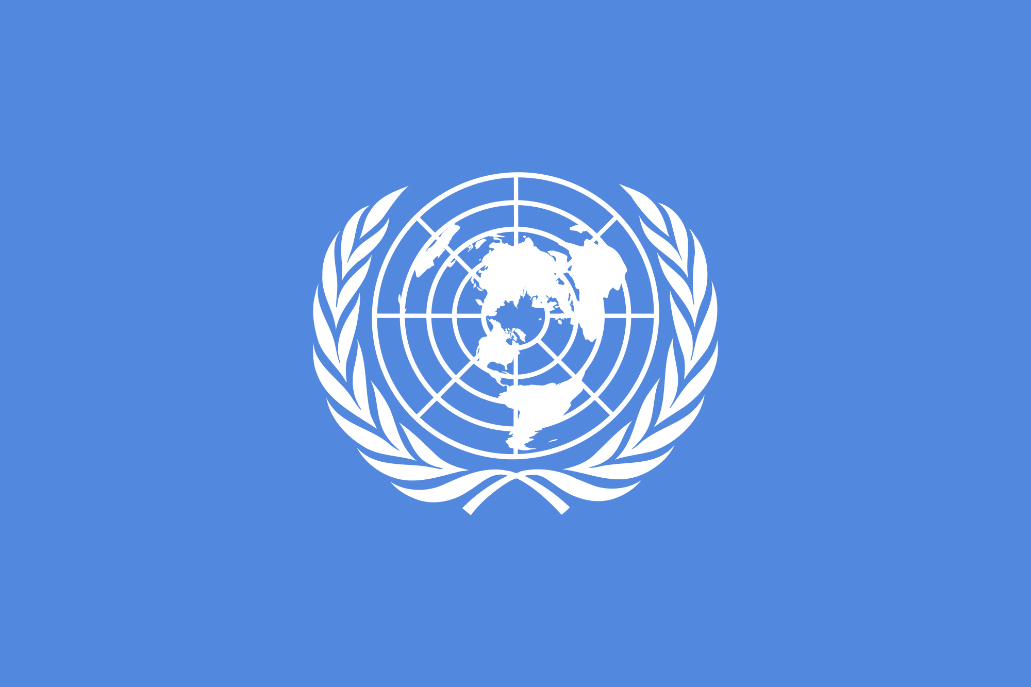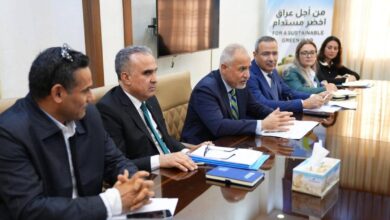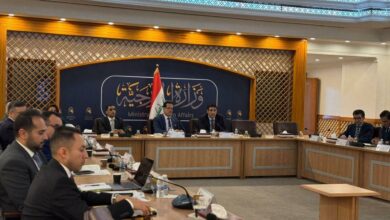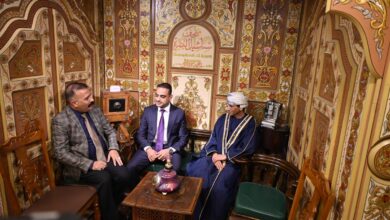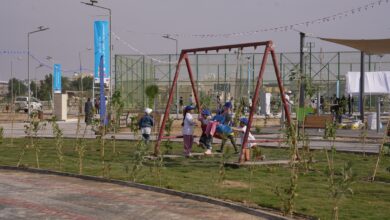The United Nations Development Programme (UNDP) in Iraq and Canada’s Department of Foreign Affairs, Trade and Development (DFATD) signed an agreement for a project to protect Iraq’s southern Marshlands earlier this month, with a CAD 5 million (approximately US$ 3.7 million) contribution to increase biodiversity protection and people resilience in face of climate change. The project will be implemented under the leadership of the Center for Restoration of Iraqi Marshes & Wetlands (CRIMW) at the Ministry of Water Resources of Iraq.
The Iraqi Mesopotamian Marshlands, one of West Asia’s most important biodiversity hotspots, a UNESCO World Heritage site, and home to the country’s famed Marsh Arab culture are now under threat from climate change and unsustainable human activities. The unique marshes’ ecosystems are influenced by severe droughts, rising temperature, reduced precipitation and higher evaporation rates. On top of climate change impacts, the resilience of the ecosystems and biodiversity of the Marshes are being weaken by human impact on the rivers flow, chemical and wastewater pollutants, and habitat destruction.
Indigenous habitants of the Mesopotamian Marshlands, particularly women and girls, are among the first to face the direct consequences of climate change and ecological destruction, due to their close relationship with the nature.
A set of activities proposed under the project aims to build resilience of local communities to climate change impacts, particularly indigenous Marsh women, tackle root causes of biodiversity degradation, and protect the wildlife population, in such way that it brings co-benefits across poverty reduction, social cohesion, and climate mitigation.
In the context of southern Iraq where gender inequality is significant, the project will give a special focus on investing into the empowerment of Marshland women, increasing their involvement in decision-making processes and encouraging to become change agents in the Marshlands. Given the severe water scarcity, the project will increase local water security by rehabilitating water recycling systems, equipping them with solar energy units, and carrying out a comprehensive analysis of possible solutions for securing drinking water for the Marshes population, which are sustainable and scalable in the long run. With climate change acting as a stress factor, accelerating the depletion of Marshlands resources, the project will undertake an important Ecosystems Assessment to provide a first ever scientific analysis of the state of ecosystems in the Marshes, its economic, social and cultural composition, and offer scenarios of future human and ecological well-being, to adapt conservation policy and management strategies accordingly. To support ecosystems restoration and conservation on the ground, the project will establish locally managed hatcheries to re-populate the native fish stock, improve regulations on sustainable hunting and fishing, and enforce such regulations in gender and culturally sensitive manner, along with awareness campaigns to increase local people ownership over biodiversity conservation.
The project focuses on a particular area of the Central part of the Marshlands, located in Al-Chibayish district, ThiQar Province, as the Central Marshes was listed as one of the Mesopotamian wetlands of international importance, and characterized as a socio – ecological site due to the high levels of interaction between local people and nature for thousand years. This project is a critical step towards protecting the Mesopotamian Marshlands, addressing the growing effects of climate change, and preserving Iraq’s natural heritage for generations to come.
- Published: 24th April 2023
- Category: UN IRAQ
- Source: United Nations General Assembly

